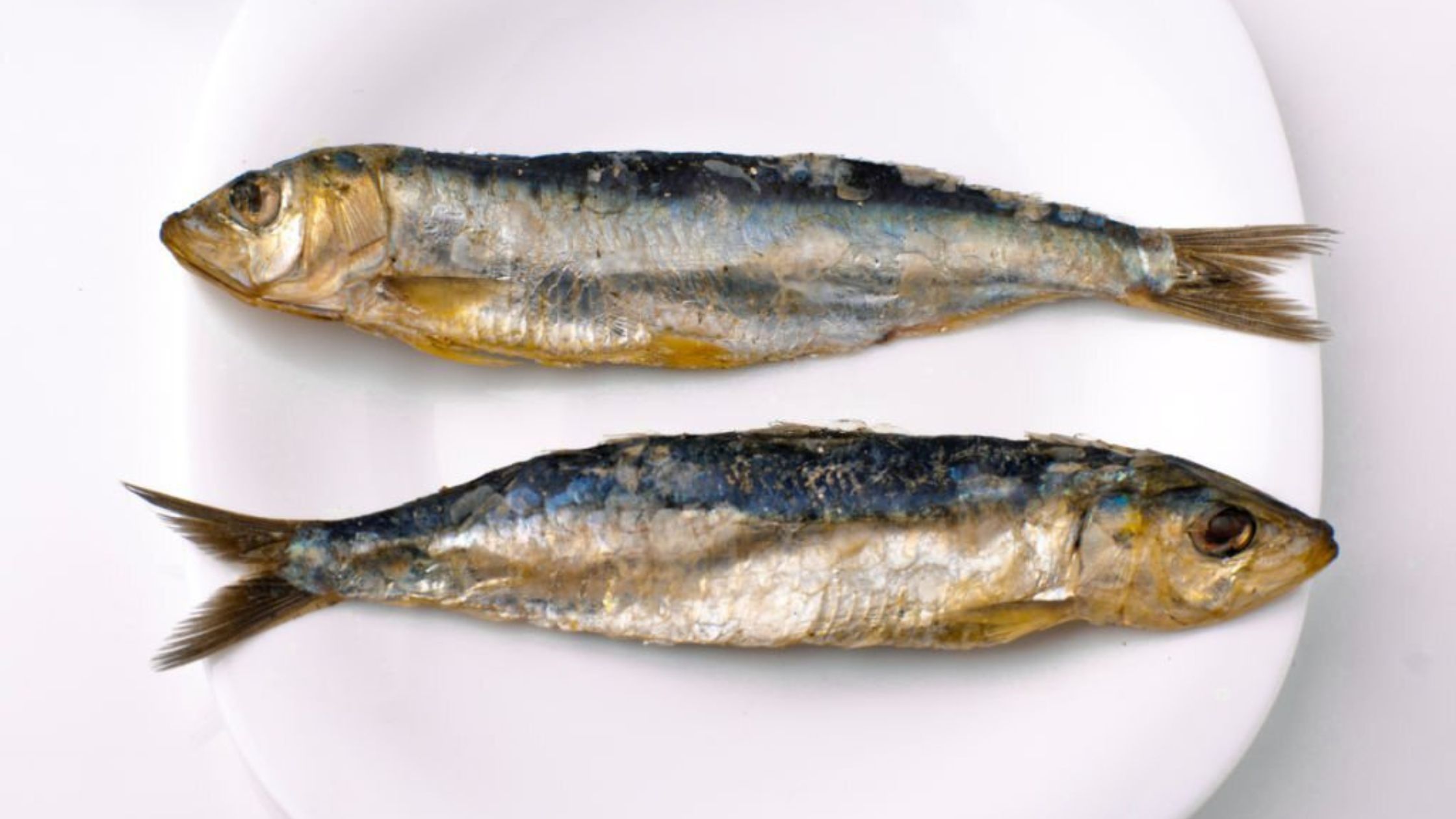
Can Dehydrated Fish Be a Protein Powerhouse?
In the quest for health and wellness, protein plays an essential role. It is one of the vital macronutrients needed for the healthy functioning of your body. When you think of protein sources, meat, eggs, dairy, legumes, and nuts are usually the first to come to mind.
However, an unexpected contender emerges in the protein domain—dehydrated fish, commonly known as fish jerky. This article will discuss dehydrated fish — an unexpected yet potent source of protein.
Table of Contents
The Importance of Protein in Your Diet

Before exploring the world of dehydrated fish, it’s crucial to understand why protein is so essential. This macronutrient forms the building blocks for muscles, bones, skin, and blood. Besides, it’s also responsible for producing enzymes and hormones that regulate numerous bodily functions.
Given its many roles, a protein deficiency can lead to severe health issues, including muscle wasting, weak immunity, and delayed healing of wounds. Therefore, having a reliable and efficient protein source is crucial— dehydrated fish could be the perfect answer to this requirement.
What is Dehydrated Fish?
Dehydrated or dried fish is a product obtained after removing water from the fish’s body through a drying process. This method has been a significant part of food preservation for centuries, notably in Asian, African, and Scandinavian cultures.
Removing the moisture makes Dried Fish less likely to spoil and can be stored for extended periods. Moreover, it maintains most of the fish’s nutrients, including protein, making it a highly nutritious food source.
Nutritional Profile of Dehydrated Fish
A High Protein Content
Dehydrated fish stands as a nutritional powerhouse, boasting an impressive protein content that surpasses that of its fresh counterparts. The dehydration process involves gently removing moisture from the fish, which concentrates the nutrients, leaving behind a protein-dense product that serves as an exceptional dietary addition.
For individuals seeking to boost their protein intake, Dried Fish emerges as a stellar choice. Comparing a 100g serving of dehydrated cod with the same portion of fresh cod reveals a remarkable difference in protein content. While the fresh cod offers a substantial amount of protein, the dehydrated version provides nearly double the protein, clocking in at around 80g per 100g serving. This significant increase in protein content can be attributed to the removal of water during dehydration, resulting in a more concentrated protein source.
The abundance of protein in dehydrated fish makes it an ideal option for various dietary needs, particularly for those with higher protein requirements. Athletes, bodybuilders, and individuals following a high-protein diet can benefit immensely from incorporating dehydrated fish into their meals. Its protein density ensures that fewer portions are needed to meet daily protein goals, making it a convenient and efficient choice for those leading active and health-conscious lifestyles.
Furthermore, the protein found in dehydrated fish offers a wealth of health benefits. Protein is an essential macronutrient that plays a crucial role in various bodily functions. It serves as the building block for muscles, tissues, enzymes, and hormones, supporting muscle repair and growth, immune function, and overall well-being. Incorporating protein-rich foods like dehydrated fish into one’s diet contributes to sustaining a healthy body and promoting overall vitality.
Apart from its impressive protein content, Dried Fish also boasts a wide array of essential nutrients. During the dehydration process, the vitamins and minerals within the fish are retained, ensuring that the final product remains packed with valuable nutrients like omega-3 fatty acids, calcium, iron, and various B-vitamins. These nutrients play vital roles in promoting heart health, supporting bone strength, aiding in oxygen transport, and supporting energy metabolism.
The versatility of dehydrated fish allows for a plethora of culinary possibilities. It can be enjoyed as a standalone snack, providing a flavorful and nutrient-dense alternative to traditional chips or processed snacks. Dehydrated fish can also be used as an ingredient in various recipes, adding a delectable umami flavor to soups, salads, pasta dishes, and more.
Rich in Omega-3 Fatty Acids
Aside from protein, Dried Fish is also a great source of omega-3 fatty acids. These essential fats are significant in maintaining heart health and reducing inflammation. They also contribute to better brain health and may even help to alleviate depression and anxiety.
Abundance of Vitamins and Minerals
Dehydrated fish are rich in vitamins and minerals, including vitamins B12, D, and E, selenium, iodine, and zinc. These are essential for various bodily functions, such as maintaining nerve health, immune function, and metabolism.
Dehydrated Fish and Sustainability
A discussion about dehydrated fish wouldn’t be complete without considering its environmental impact. As a food source, it stands out for its sustainability compared to other animal protein sources.
Fish can be a more sustainable choice since they require less land and resources than livestock. Moreover, dehydration can make transportation and storage more energy-efficient due to reduced weight and volume. Therefore, dehydrated fish may be a more eco-friendly protein option.
Incorporating Dehydrated Fish Into Your Diet
Adding dehydrated fish to your diet doesn’t have to be complicated. You can use it as a healthy snack or incorporate it into various dishes for an extra protein boost. Here are a few simple ways to include Dried Fish in your meals:
- As a topping: Crumble it over salads, soups, or pasta for a unique, umami flavor and a protein punch.
- In sandwiches: Substitute your regular meat with dehydrated fish for a high-protein, omega-3-filled sandwich.
- In stir-fries: Add it to your favorite stir-fry for a sea-flavored twist.
- As a snack: Enjoy it on its own or pair it with other healthy snacks like nuts and seeds.
Final Thoughts
While fish jerky may not be the most common source of protein in your diet, its potential benefits cannot be underestimated. This protein powerhouse is nutrient-dense, lightweight, non-perishable, and easy to incorporate into your diet.
By embracing dehydrated fish as a protein source, you can add variety to your diet, meet your nutritional needs, and make more sustainable choices for the planet. So why not give dehydrated fish a chance to impress you with its protein prowess?
July 28, 2023

















